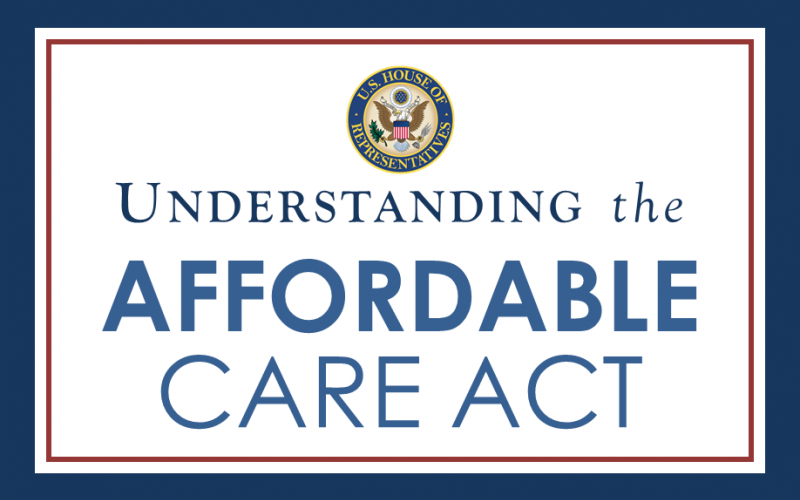Moving Beyond Obamacare – Op-Ed from Vermont

Last week the U.S. Supreme Court upheld subsidies for buying private health insurance in states with federally run marketplaces or exchanges.
The court’s decision has been an enormous relief for the millions of people who stood to lose access to coverage had the subsidies been revoked, and is seen as a vindication of Obamacare.
However, many people with health care issues are asking whether it’s time to move beyond Obamacare’s market-based insurance system — in which subsidies ultimately flow to the big private insurance companies — and instead ensure that our public dollars go towards meeting the needs of our families and communities.
As in many other states, here in Vermont the rollout of the Affordable Care Act’s health care exchange has only increased — rather than resolved — our continuing health care crisis, with the failure of private contractors to make the Vermont Health Connect website work, resulting in a series of mishaps — most recently in the form of Blue Cross and Blue Shield of Vermont claiming back payments from 6,000 people for care they thought was covered.
Thousands of us have experienced health care uncertainty and unaffordable costs, with grave implications for our health and ability to make ends meet for our families.
Our frustrations should be directed at CGI and Optum, the private, for-profit contractors hired by the state to roll out the VHC website, as well as the Shumlin administration for failing to hold these contractors accountable.
But we risk missing the forest for the trees if we don’t acknowledge that the roots of the flawed VHC rollout lie in the market-based approach of the Affordable Care Act, with its insurance industry-guided design, complete with tiers of coverage and eligibility restrictions. Rather than ushering in a new era of treating health care as a right and a public good for all, the ACA has enshrined a fundamentally unjust market-based system with different and unequal insurance products, different and unequal prices for health services, and different and unequal access to care.
If we are serious about universal health care, providing public subsidies for the purchase of private insurance products is just not going to cut it. The inequitable financing of health care contributes directly to the largest concentration of wealth in our country since the 1930s and the biggest income inequality gap since the late 1970s. Even with subsidies, low-income people pay proportionally much more for health care than the wealthy, for insurance plans that rarely meet all of our needs. One in three people in the U.S. struggle with medical bills, while insurance executives are raking in billion-dollar compensation packages.
In Vermont, on top of the collections letters thousands of us will be receiving over the next few weeks for back payments, Blue Cross is asking the Green Mountain Care Board to approve an 8.4 percent rate increase for its 2016 Vermont Health Connect plans. The board is holding a public hearing on July 29 at the State House to take public comment on the request, which is expected to impact more than 41,000 people in the state. Meanwhile, Blue Cross is paying its CEO, Don George, more than 10 times the average Vermont resident’s salary, putting him (and many of its other executives) at the top of the state’s 1 percent.
It’s no big news to say that the health care system fails to meet our needs. But the long and short of it is that addressing the health care crisis is going to take more than fine-tuning the VHC website, or switching to Connecticut’s exchange or the federal exchange.
Thankfully, unlike other states struggling with the fiasco of implementing Obamacare, Vermont already has a clear path forward towards an equitably financed, no-nonsense, universal health care system: Green Mountain Care. With Green Mountain Care, we would no longer need private health insurance companies like Blue Cross and Blue Shield, and instead can treat health care as a public good, like our roads and fire departments.
It is time for our state to start walking that path.
As the 2016 election season approaches, we can count on politicians to make all sorts of promises about how they’ll address the issues impacting our communities. But for those of us with health care horror stories, or who’ve lost family members because they were denied the care they needed, we know that we can’t afford to sit back and rely on politicians to do what’s right. It’s up to us to organize and ensure that decision-makers follow through with Act 48 and pass equitable financing for a universal, publicly financed health care system that treats health care as a public good and a human right.
Kate Kanelstein of Burlington is lead organizer for the Vermont Workers’ Center.

